Travel safety and advice to travel safely
The world is not dangerous or risky. On the contrary. We find desperate places and people even in your hometown, but they remain a minority. In fact, you are more likely to have less trouble on your trip than you are if you follow these rules and practical advice when travelling abroad.
1. Separate your money

Flickr – Images_of_Money
Do not keep your credit card(s) and your liquid in the same place. Keep some money in your wallet, and leave it in a zipped pocket of your luggage or another safe place. Also separate the bank card of your cash. If you lose or steal your wallet with everything in it, it will be quite difficult for you later.
2. Scan all your important documents
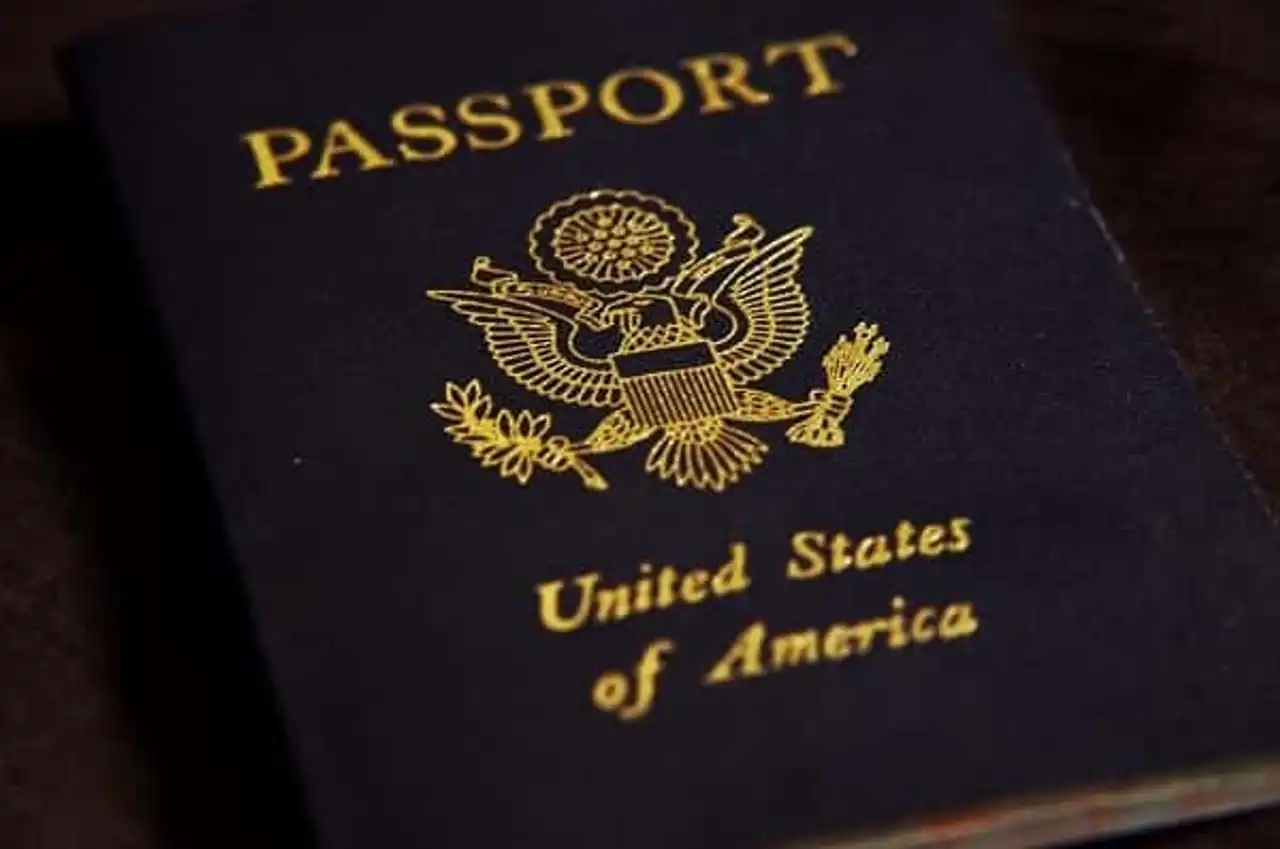
Source: Wikimedia.org
Scan your travel documents and send them to yourself by email. Time to make photocopies of your passport, visa, travel insurance, etc... and keep them in a separate part of your baggage. Today, scanning will allow you to have them within reach of clicks in any cybercafé or hotel with internet, even if your business has disappeared.
3. Get vaccinated
Consult your doctor before your departure to complete all the vaccinations/immunizations required for the destinations you are going to visit, and learn about what health precautions you should follow. Also read our file Travel health .
4. Take travel insurance
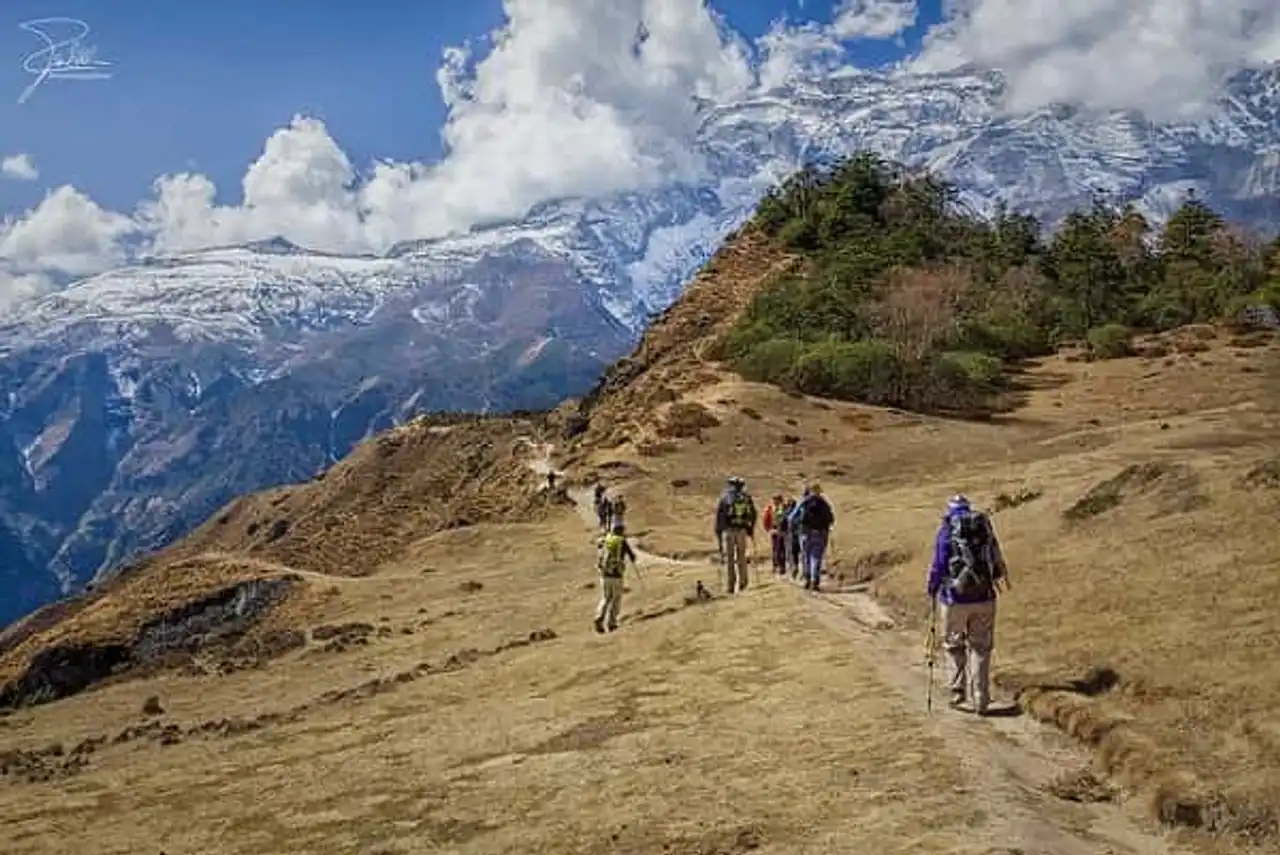
Flickr – Frank Kehren
This is mainly for health care if you get sick or hurt abroad. The cost of hospitalization can quickly become important (more than thousands of euros!), even for a light injury. Insurance is really worth it. We recommend this one.
5. Renoncez
There is a simple rule that people find it difficult to follow: if you are a victim of aggression, give your wallet and let it go... This should not be a problem if you have travel insurance and you have left all your things irreplaceable at the hotel or at home. Really, do it, and go indemn.
6. Don't give the beggars or do it smartly
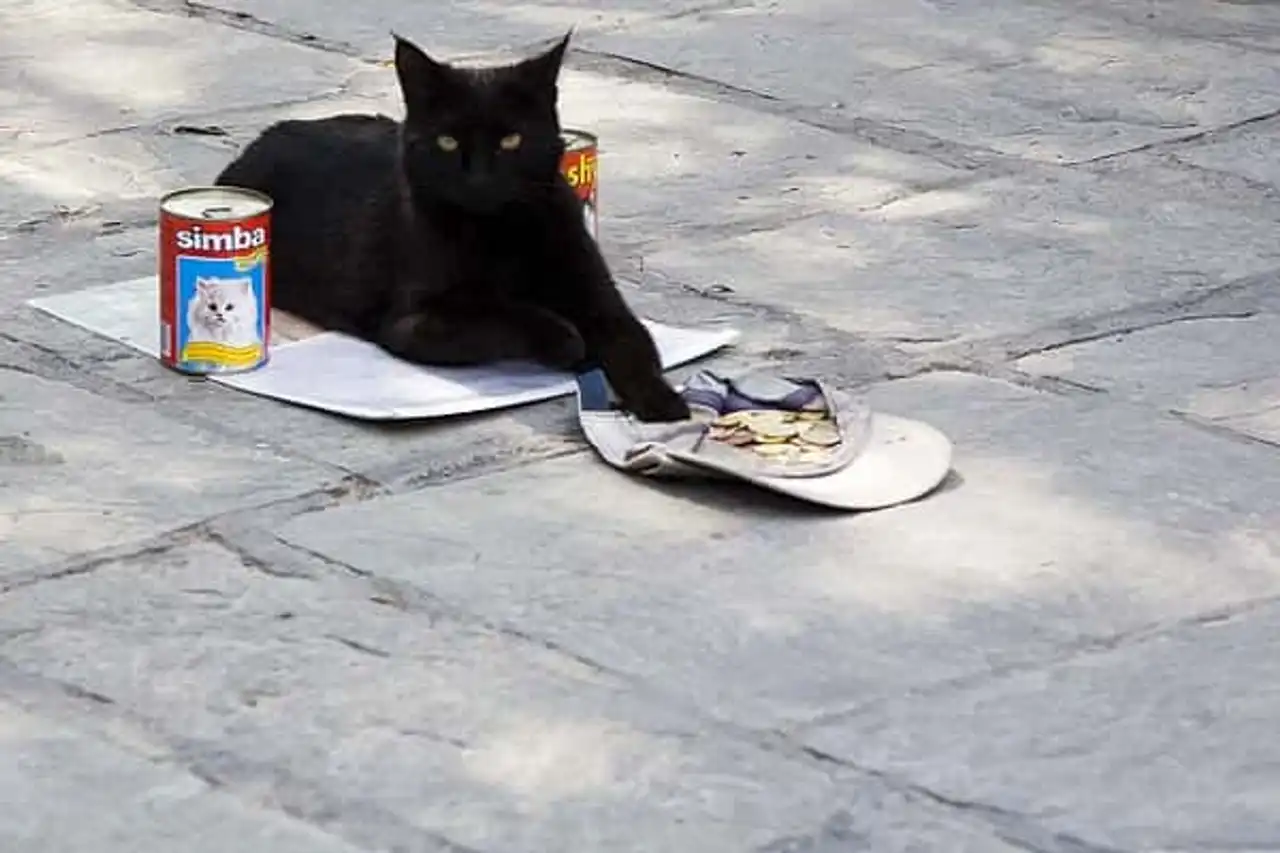
Flickr – uzi yachin
There are exceptions to this rule, such as monks making alms. But in general, don’t give money to people on the street. In addition to the fact that you need to get your wallet or bag out, encouraging begging is not the most effective use of your money (and your goodwill). If you want to help, volunteer on-site or give money to a local charity for homeless people for example.
7. Have eyes behind your head
Take the habit of looking back when you get up to leave somewhere. The trip is very distracting, and you probably carry on you more things than when you are in France, so you are more inclined to forget a jacket (or other) to the terrace of a coffee. Moreover, you are certainly marvelled by your stay or then tired by the jet-lag and you pay less attention to this kind of detail.
8. Keep nothing in your back pockets of pants
To avoid being disconnected, keep your wallet in your front pocket, including a pocket that can be buttoned. The best thing is to use the inner pocket of your jacket. There are also “silver belts” ( see examples here ). Make sure your wallet is waterproof because travel is often sweaty. It is not advisable to wear a banana. There is no better way to announce that you have valuables on you... And even if there is nothing value inside, your pickpocket believes it.
9. Avoid public demonstrations

Flickr – SaZeOd
Not signs of love or tenderness, no, signs of external riches. If you travel abroad, then you are likely to be richer than most of the inhabitants, but show it by wearing gold jewelry or a camera at 1 000€ around your neck is not recommended. It makes you a target for thieves. Leave your jewelry at home and keep your device in a bag when you do not use it.
10. There are things you'd do better at home
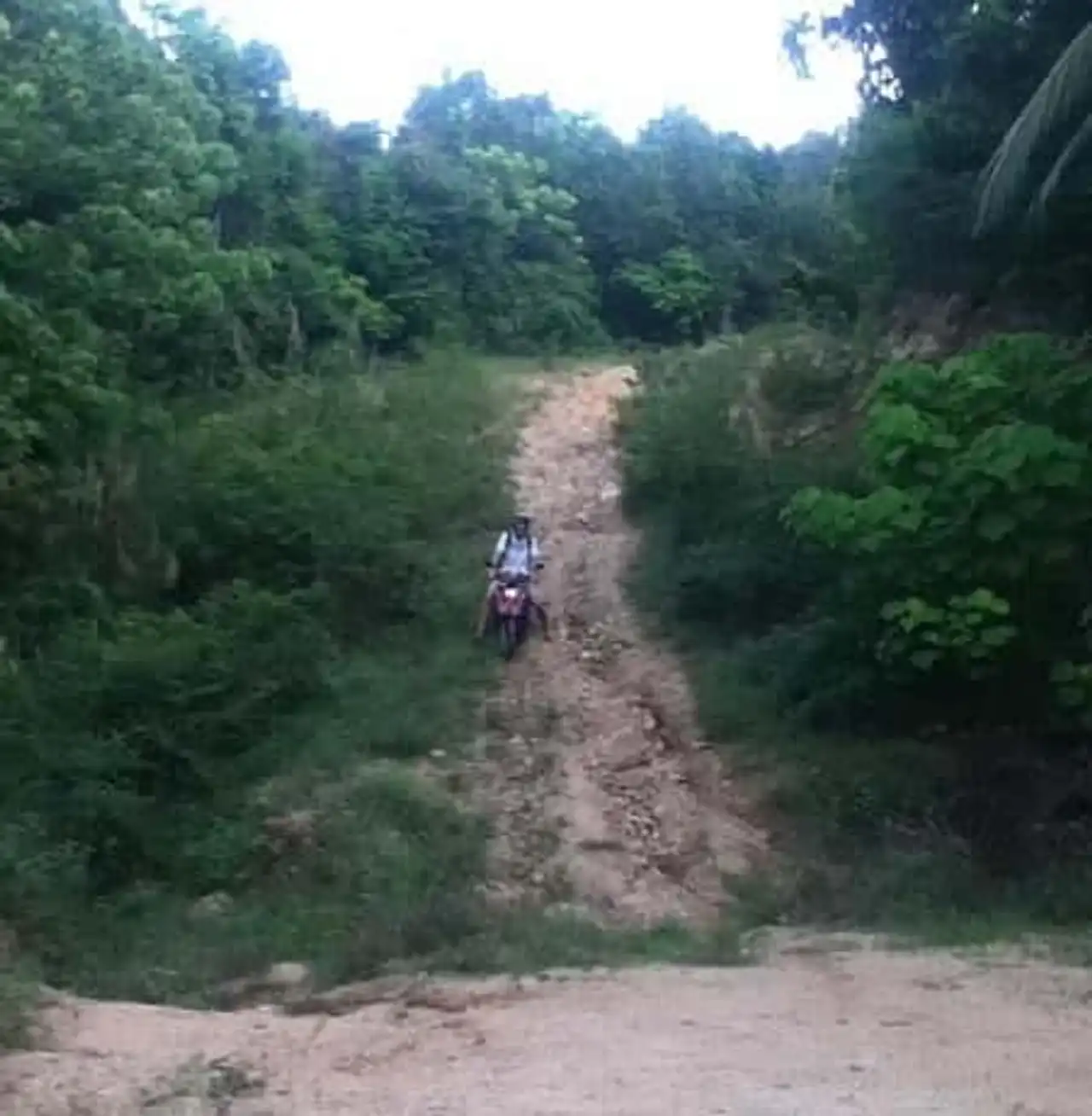
Flickr – FrakaPaille
This may seem like a game of children, but know that learning to drive a motorcycle or jet skiing alone in a foreign country is probably imprudent. In Thailand, for example, 30 to 40 people die a day in scooter accidents. For information, some travel insurance does not cover scooter-related injuries.
11. Do not leave your business unattended in public spaces
It is so obvious that it seems stupid to talk about it, but people do it all the time. In particular, travellers who leave their bag at their feet or hung at the back of their chair when they are in a café or restaurant. Keep your stuff on your knees or wrap the shoulder strap around your leg.
12. Do not care for wandering animals
Even if you are a dog lover or your cat misses you, which may be a pet for you could be a very dangerous animal in another country. Romania, Thailand, Ethiopia... anywhere in the world, avoid getting a finger, an eye, or make you infect by an angry dog!
13. Your worst enemy can be your companion
Often your travel companions take risks that compromise your safety. They will ask for help from people you would not want to approach, they aggravate a situation by arrogance, or they break one or more of the previous rules. Don't follow them in their behavior. If it is not friends and it becomes dangerous or annoying, make your own way.
14. Send your route by email to your family or friends
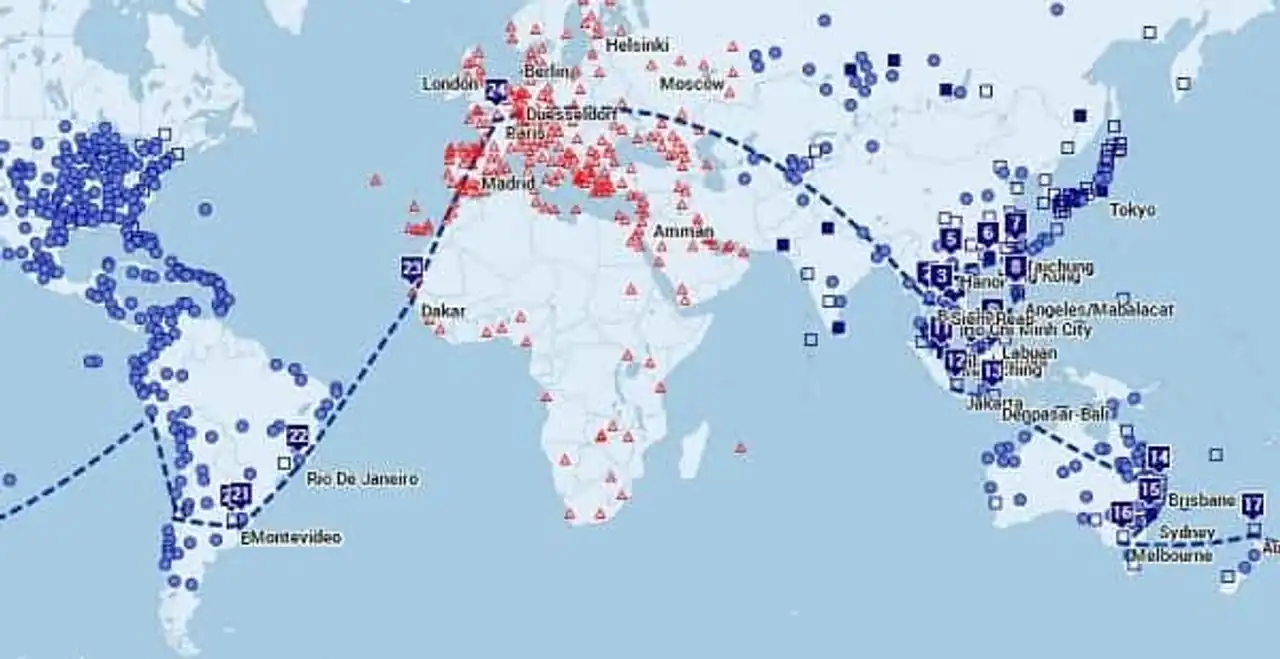
15. Remove all limits on your credit card
Before we go, Call your bank and explain to him where you go and how long to avoid blocking your account. In addition, check the balance of your account exactly so you don't exceed your limit.
16. Do not use shortcuts
Even if you’re starting to feel comfortable in your new city, don’t try to find a shortcut just to reduce your walking time. Download a travel guide app to keep you on the right path.
17. Avoid making a "false cultural step"
Each country has its own customs and traditions, and although immersion in a culture is the best way to learn what is appropriate and what is not, try not to do as big American tourists who can do things very offensive for the local population. For example, some places, such as China and South Korea repugnant tips, while French would be shocked by an accolade (when the bise goes well).
18. Give us yours!
What rule did we forget and apply on a trip? Don’t hesitate to comment to make other users enjoy it!
In addition to this article, read our page on the Travel security







Loading comments ...